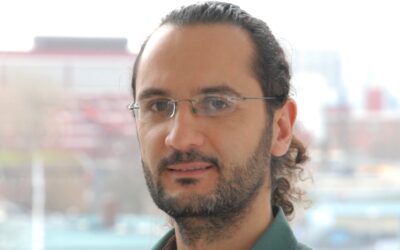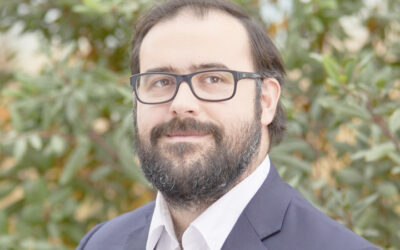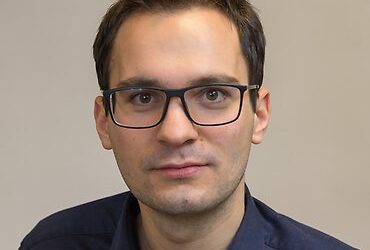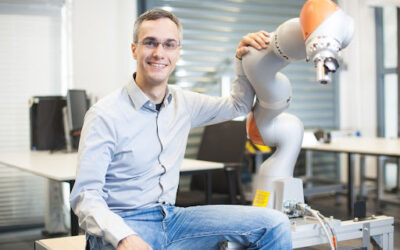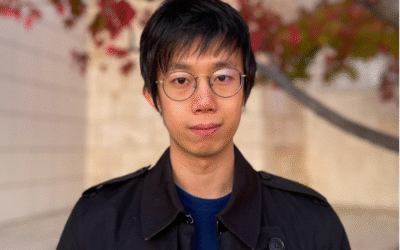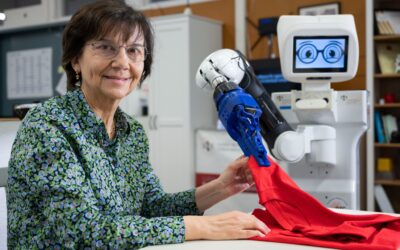Invited speakers
In the third week we will have a 3-day symposium with several invited top-level researchers. The list of speakers will be updated continuously.
Eren Aksoy
Associate Professor at Lund University (Sweden)
Yiannis Aloimonos
Professor at University of Maryland (USA)
Olov Andersson
Assistant Professor at Royal Institute of Technology (Sweden)
Roberto Calandra
Professor at Technical University of Dresden, Germany
Sylvain Calinon
Senior Research Scientist at Idiap Research Institute EPFL (Switzerland)
Renaud Detry
Associate Professor at KU Leuven (Belgium)
Pietro Falco
Associate Professor at University of Padua (Italy)
Peter Gärdenfors
Professor at Lund University (Sweden)
Christoforos Kanellakis
Associate Professor
Luleå University of Technology (Sweden)
Jens Kober
Associate Professor at Technical University of Delft (The Netherlands)
Dongheui Lee
Professor at TU Vienna
(Austria)
Roberto Martín-Martín
Assistant Professor at University of Texas (USA)
Justus Piater
Professor at University of Innsbruck (Austria)
Haozhi Qi
Research Scientist at Meta FAIR and Incoming Assistant Professor at University of Chicago (USA)
Davide Tateo
Senior Lecturer
Lund University (Sweden)
Carme Torras
Research Professor at UPC Technical University of Catalunia (Spain)
Rudolph Triebel
Professor at Robotics Institute of DLR and KIT (Germany)
Abhinav Valada
Professor at University of Freiburg (Germany)
Jing Xiao
Professor at Worcester Polytechnic Institute (USA)
Scientific committee
The scientific committee consists of internationally renowned researchers, active within the topic of the focus period. The committee members, in collaboration with the organizers, suggest speakers for the symposium, and visiting scholars for the focus periods. The majority of the members of the scientific committee also contribute to the event as speakers during the symposium.
Yiannis Aloimonos
Professor at University of Maryland (USA)
Sylvain Calinon
Senior Research Scientist at Idiap Research Institute EPFL (Switzerland)
Jens Kober
Associate Professor at Technical University of Delft (The Netherlands)
Jean-Jacques Slotine
Professor at Massachusetts Institute of Technology, MIT (USA)
Carme Torras
Research Professor at UPC Technical University of Catalunia (Spain)
Organizing committee
The organizing committee consists of researchers and administrators from the ELLIIT institutions. Their role is to appoint the scientific committee, select speakers and visiting scholars, plan the focus period activities, and serve as hosts during the event.
Erik Frisk
Professor at Linköping University (Sweden)
Volker Krüger
Professor at Lund University (Sweden)
Yiannis Karayiannidis
Associate Professor at Lund University (Sweden)
Björn Olofsson
Senior lecturer at Lund University (Sweden)
Eva Westin
Administrative Manager and Focus Period Coordinator at Lund University (Sweden)
Contact
Yiannis Karayiannidis
Main Organizer
Eva Westin
Coordinator and Local Administrator


